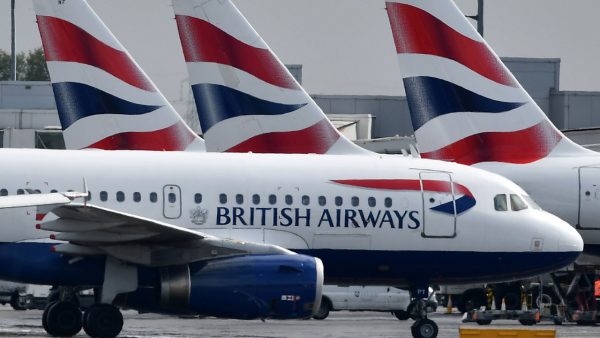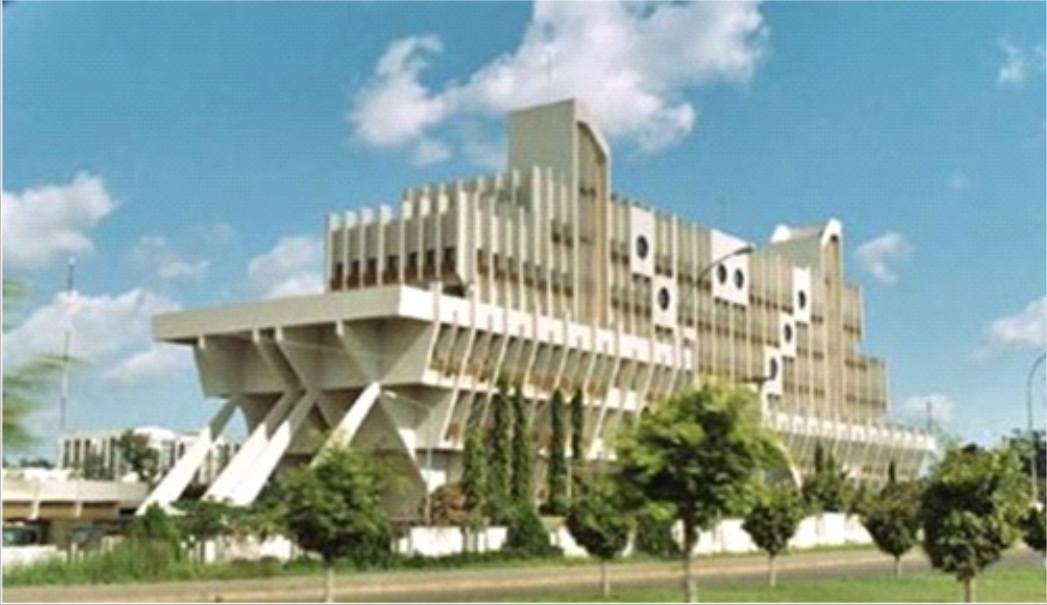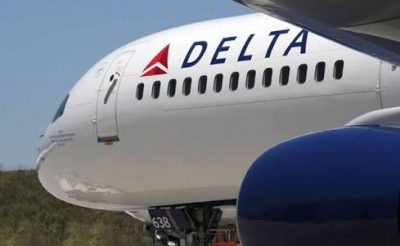Pilots’ strike forces BA to cancel Lagos, Accra, over 200 other flights
 British Airways (BA) yesterday cancelled all flights for Monday and Tuesday after its pilots went on strike for the first time in the airline’s history.
British Airways (BA) yesterday cancelled all flights for Monday and Tuesday after its pilots went on strike for the first time in the airline’s history.
The development, which was felt across the entire network of over 200 flights, also trickled down to Nigeria and Ghana.At the Murtala Muhammed International Airport (MMIA), Lagos, BA’s two wide-body planes were stationary yesterday, just as the Kotoka International Airport, Accra, Ghana, also hosted one aircraft. Inside the two airports, however, the flights were displayed as cancelled as at Monday morning.
The strike was called by the British Airline Pilots Association (BALPA) amid a heated dispute over pay with the airline that shows no sign of abating. BALPA is planning another strike for September 27, even as further strike dates may be announced.
Nearly 200,000 passengers were due to travel on September 9 and 10, a BA spokesperson said.Pilots are unhappy with BA’s offer of an 11.5 per cent salary increase over three years. They want a greater share of the airline’s burgeoning profits. BA posted operating profit of nearly £2 billion ($2.5 billion) for 2018, an 11.6 per cent increase over the previous year.
“We are seeking to share in a tiny fraction of that huge profit,” a BALPA spokesperson said.Passengers due to fly on September 9 and 10 are highly unlikely to be able to travel as planned. The airline advised them not to go to the airport.BA said it would offer “as many customers as possible” — including those connecting from flights with other airlines — the option to rebook on other airlines, or have their flights refunded.
Knock-on effects were expected to cause some disruption to flights later this week, a spokesperson said.
With another strike planned for September 27, BA said it would contact passengers traveling on that date if their flights were likely to be impacted. Passengers should keep checking the BA website for updates.The cost of the strike would be around £40 million ($49 million) per day, according to BALPA. The three strike days already scheduled would cost in the region of £120 million ($148 million).
The airline said it was forced to cancel so many flights because “with no detail from BALPA on which pilots would strike, we had no way of predicting how many would come to work or which aircraft they are qualified to fly.”Members of the pilots union voted 93 per cent in favor of a strike in July. BALPA said last week that it would be willing to call it off if British Airways returned to the negotiating table.
BA is part of the International Consolidated Airlines Group (ICAGY) (IAG), alongside airlines such as Iberia and Aer Lingus. IAG’s stock has fallen more than 31 per cent this year, partly in expectation that the dispute with pilots would culminate in a strike, Berenberg’s Yanoshik said.
An extended period of strikes would have a “material negative” impact on IAG’s bottom line, he added.The strike action at BA will also add to the airline’s recent public relations woes. In July, the UK Information Commissioner said it would fine BA £183 million ($226 million) under data protection rules for an earlier theft of customer data. Then in August, an IT failure disrupted more than 400 flights leaving the United Kingdom.
In harder times, pilots had made “significant sacrifices” to keep BA afloat, such as giving up annual leave and accepting pay cuts, the spokesperson said. “Fundamentally BA pilots have lost trust and confidence in their management.”








